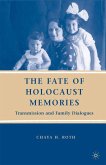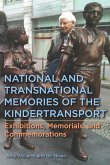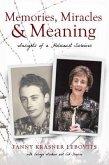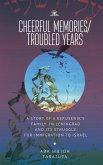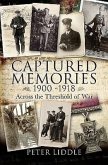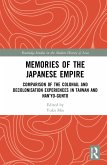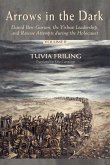Christopher R. Browning addresses some of the most heated controversies that have arisen from the use of postwar testimony: Hannah Arendt's uncritical acceptance of Adolf Eichmann's self-portrayal in Jerusalem; the conviction of Ivan Demjanuk (accused of being Treblinka death camp guard "Ivan the Terrible") on the basis of survivor testimony and its subsequent reversal by the Israeli Supreme Court; the debate in Poland sparked by Jan Gross's use of both survivor and communist courtroom testimony in his book Neighbors; and the conflict between Browning himself and Daniel Goldhagen, author of Hitler's Willing Executioners, regarding methodology and interpretation in the use of pre-trial testimony. Despite these controversies and challenges, Browning delineates the ways in which the critical use of such problematic sources can provide telling evidence for writing Holocaust history. He examines and discusses two starkly different sets of "collected memories"--the voluminous testimonies of notorious Holocaust perpetrator Adolf Eichmann and the testimonies of 175 survivors of an obscure complex of factory slave labor camps in the Polish town of Starachowice.
Hinweis: Dieser Artikel kann nur an eine deutsche Lieferadresse ausgeliefert werden.
Hinweis: Dieser Artikel kann nur an eine deutsche Lieferadresse ausgeliefert werden.


